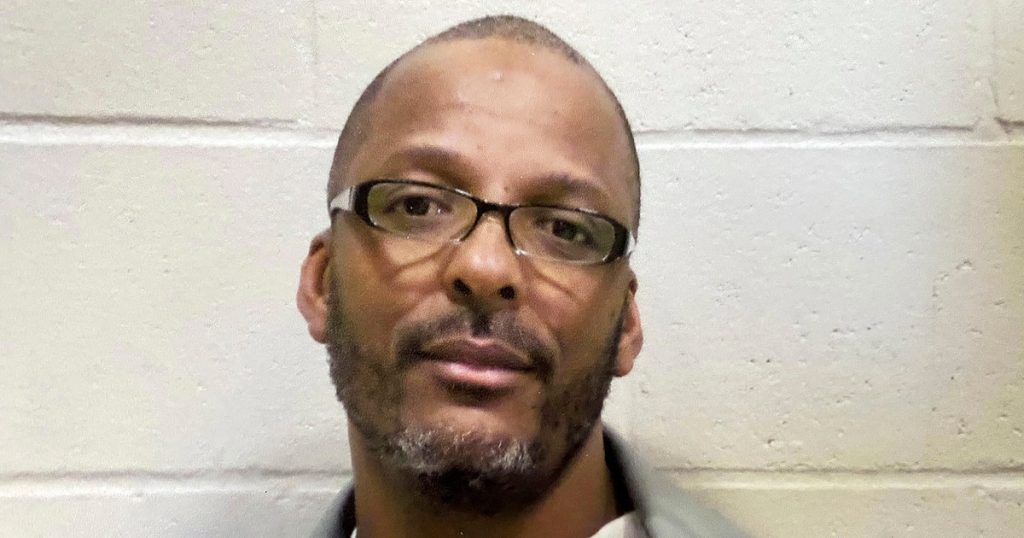Christopher Dunn, a Missouri man who has spent over 30 years in prison for a murder he claims he did not commit, had his conviction overturned, potentially paving the way for his release. Dunn was convicted of murdering 15-year-old Ricco Rogers in 1990 based on the testimony of two young witnesses who later recanted, alleging coercion by prosecutors and police. Despite no physical evidence linking Dunn to the crime, he was sentenced to life in prison without parole. However, St. Louis City Judge Jason Sengheiser ruled that the conviction should be overturned after St. Louis Circuit Attorney Gabe Gore filed a motion seeking to vacate the guilty verdict, citing new evidence that cast doubt on Dunn’s guilt.
The Midwest Innocence Project, representing Dunn, expressed joy over the ruling and stated that Dunn is looking forward to reuniting with his family as a free man. Gore was not immediately available for comment on the ruling. The Missouri Attorney General’s Office opposed vacating Dunn’s conviction, arguing that the testimony of the witnesses was accurate, despite their recantations. Assistant Attorney General Tristin Estep maintained that the guilty verdict was correct. However, witness Michael Davis Jr. admitted in a recorded interview played at a hearing that he had lied and identified Dunn as the shooter because he believed Dunn was associated with a rival gang. The other witness, DeMorris Stepp, has changed his story multiple times over the years, stating that he did not witness Dunn commit the murder.
Dunn’s mother and sister had attested that he was at home with them, watching television and talking on their landline phone at the time of the murder, contradicting the testimony of the young witnesses. Despite the lack of physical evidence linking Dunn to the crime, he was convicted and sentenced to life in prison without the possibility of parole. The overturned conviction has raised questions about the handling of the case by prosecutors and law enforcement, with allegations of witness coercion and inconsistencies in testimonies. The ruling by Judge Sengheiser has brought hope to Dunn and his family, who are eager to see him released after three decades behind bars.
The journey to overturning Dunn’s conviction has been a long and arduous one, with the Midwest Innocence Project working tirelessly to gather evidence and present a compelling case for his innocence. The recantations of the young witnesses and the inconsistencies in their testimonies played a crucial role in undermining the basis for Dunn’s conviction. The ruling by Judge Sengheiser represents a significant victory for Dunn and his legal team, who have fought for his freedom for years. As Dunn looks forward to reuniting with his loved ones and rebuilding his life as a free man, the case serves as a reminder of the importance of due process and the pursuit of justice for those who have been wrongfully convicted.
The overturned conviction has sparked debate and discussion about the criminal justice system and the need for safeguards to prevent wrongful convictions. The case highlights the impact of witness testimony on criminal cases and the potential for coercion and manipulation by prosecutors and law enforcement. Moving forward, the focus will be on ensuring accountability and transparency in the justice system to prevent similar miscarriages of justice. As Dunn prepares to transition to life outside of prison, the case serves as a testament to the power of perseverance and resilience in the face of adversity. The fight for justice continues as Dunn’s story sheds light on the flaws in the legal system and the importance of upholding the rights of the accused.












